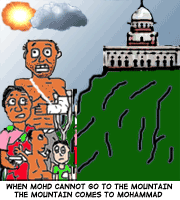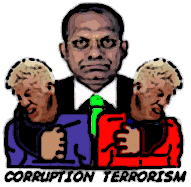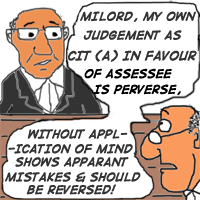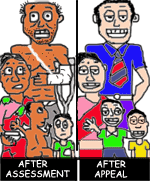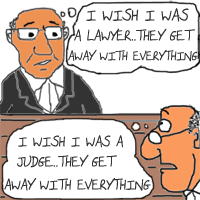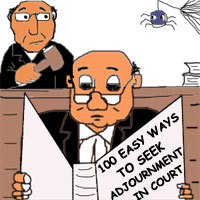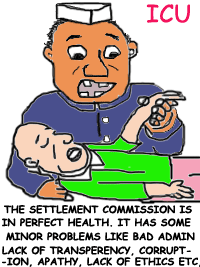
The author argues that the Bar must not just complain about faults in the judicial process but must play a proactive role in bringing about reforms. He makes a fervent plea that we should follow the Ten Commandments and promises that we can then restore the Tribunal to its’ past pristine glory.
The role of the Bar in the administration of justice is no less than that of the Bench. It has been therefore, rightly said that only a good Bar makes for a good Bench. Hence, the Bar should evolve healthy conventions in order to maintain the institution’s prestige and honour. Hon’ble Mr. Justice M. Srinivasan in Dayal Sons vs. CIT (1998) 231 ITR 569 (571) (H.P.) has stated that “The profession of an advocate is a very noble profession and he is entrusted with a duty to be performed in the Court. He is not only an agent of the client in one sense but also an officer of the Court. He has got threefold duties; one towards the Client; another towards Court and the third towards the opposing Counsel”.
Hon’ble Mr. Justice V. R. Krishna Iyer in the landmark decision of Bar Council of Maharashtra vs. M. V. Dhabolkar AIR 1976 SC 242 (251) held that “law is no trade briefs no merchandise and so the leaven of commercial competition or procurement should not vulgarise the legal profession”. The Income-tax Appellate Tribunal is even today considered as one of the finest institutions of our country when compared with other institutions and the Tax Bar is recognized as one of the best Bars of our country. This has been made possible due to continuous education, ethics and values followed by the stalwarts of the Tax Bar such as Shri R. J. Kolah, Shri N. A. Palkhivala, Shri S. P. Mehta and many others. We have great responsibility to preserve the honour, dignity and purity of the institution before which we practice. Let us work together, hand-in-hand and see that the Tribunal retain its glory as one of the finest institutions in this country and as model for other institutions to follow. We, therefore, make an appeal to our readers to consider the following suggestions:–
1. The ITAT Bar Association and AIFTP has adopted a model code of ethics which may be followed by all the members who practice before the Tribunal. Visit www.itatonline.org or see AIFTP Journal Vol. 2 No. 3 Page No. 47 of July-September, 2001 issue.

